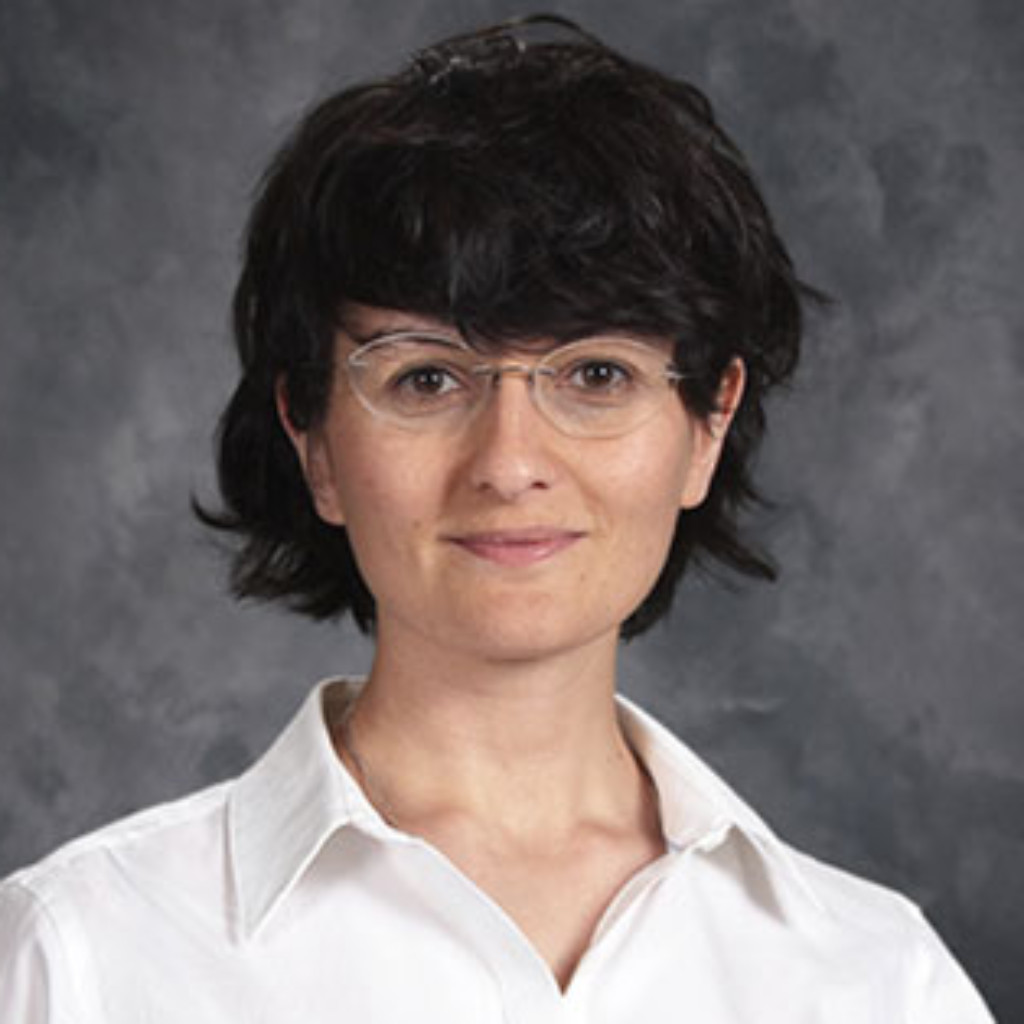As part of its monthly Research Fellow Spotlight, the Institute for Transnational Law sat down with Anna Arganashvili on December 20, 2019 to learn about her research interests in Human Rights Law. In addition to serving as a 2019-2020 Research Fellow in the Institute for Transnational Law at The University of Texas School of Law, Ms. Arganashvili is also a Fulbright student from Georgia pursuing a LL.M. (Master of Laws) in Human Rights and Comparative Constitutional Law at The University of Texas School of Law. Below is a transcription of the interview.
Please tell us about your research interests.
My research interests stem from my life experience. I research the inequalities I have encountered as a woman who wants to be part of the change in society for strengthening democracy and justice. Through my work, I long to increase access to justice for children, women, persons with disabilities, and for all people who face discrimination. With the support of The University of Texas and the Institute for Transnational Law, currently, I am working on the issue of ethical child representation practices in the United States. Being fascinated with the work of American legal scholars, I am motivated to transfer this experience in my country and contribute to the development of standard rules for child representation by Georgian attorneys. During the spring semester, I plan to work on the issue of consent and sexual violence against women with disabilities.
What has your journey been to this point?
I have five years of experience in litigation, representing children, women and persons with disabilities before the court. I am also proud of my educational background in psychology and occupational therapy, which gives me a unique perspective and tools for advocating human rights. For the last years, I have worked in the civil society sector, providing legal aid. However, I have also served as a member of the National Preventive Mechanism under the United Nations Convention Against Torture, monitoring human rights situations is prisons, psychiatric hospitals, and the detention centers. I have conducted participatory gender audits, as a licensed professional. I have contributed to the Georgian Bar Association as a Human Rights Committee head, among many other endeavors.
However, being selected as a Fulbright scholar and being admitted at The University of Texas was transformative for me. I have discovered vast opportunities in this environment as well as untapped potential within myself. I find it is all about finding a good fit between my responsibilities as a Fulbright scholar and research fellow in the Institute for Transnational Law. I feel I am on my way to shaping my new professional identity.
Can you speak of any challenges that you have had to overcome?
The biggest challenge for me was to get into the rhythm of the American legal and educational system. Before arriving at The University of Texas, I thought of myself as one of the most hardworking professionals. But then I observed that people here are so skilled and competent and use every minute of every day to reach their goals. At UT Austin, I have had a chance to meet and work with very successful women legal scholars, successful professionals, and change-makers. I am learning from them. I have a new vision of how I can make a positive difference on legal processes. I’m grateful UT has widened my perspective.
What advice would you give to your younger self?
At every stage in life, there is always at least one person who makes you feel insignificant, weak, and that you will fail. You need to remember they are wrong about you and that you must turn your attention inward and continuously strive for self-improvement.
What lessons did you learn from your research, which have shaped your way of thinking?
I have made two significant discoveries: I have learned that progress in legal scholarship and a value-driven society stems from consistent effort and hard work of individuals who have a strong vision for the future. For me, they are the judges, attorneys, prosecutors, plaintiffs and even defendants involved in legal cases who have fought for equality. I learned that success is a process, not an event. Every step counts. But what is the source for maintaining individual efforts? There are generous people who want to share their time and knowledge without wanting anything in return. They are there to support those fighting for justice and equality. I have enjoyed this kind of support and am very grateful for it. It has contributed to my professional growth and has helped me become who I am today. I think I can also empower others now by sharing the knowledge I have acquired from brilliant legal scholars and legal professionals and be part of the knowledge sharing cycle. We can all contribute to this cycle by creating, organizing, sharing, accessing, and using knowledge. By promoting a knowledge-sharing culture, we can work together to find innovative solutions to challenges facing lawyers today.
This interview was conducted by Dr. Mauricio Pajón, Director of Programs and Development, Institute for Transnational Law.

